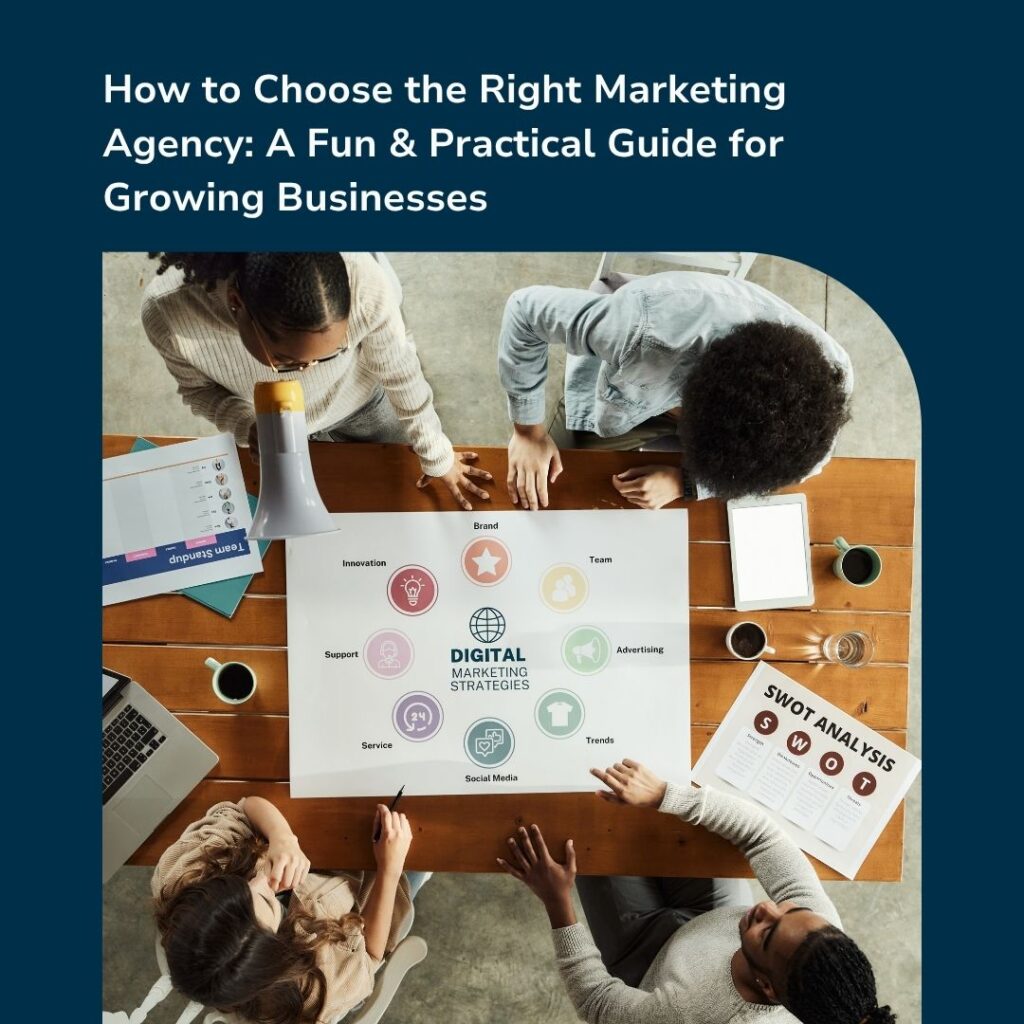In today’s rapidly evolving business landscape, staying ahead of the competition is not just about having a great product or service; it’s about knowing your audience inside and out.
The key to business development success lies in harnessing the power of data targeting. This feature explores how businesses can leverage data-driven strategies to unlock growth opportunities, enhance customer experiences, and make informed decisions.
The Data Revolution: A Game Changer for Business Development
Data has become the lifeblood of modern business, but why?
The Data-Driven Advantage
With the proliferation of digital technologies and the exponential growth of data sources, organisations have access to more information than ever before.
This wealth of data, when properly harnessed, provides a competitive edge that can drive business development to new heights.
The Transformational Potential
Data targeting isn’t just about collecting information; it’s about transforming raw data into actionable insights. By analysing customer behaviour, market trends, and internal operations, businesses can make informed decisions that optimise their strategies.
This data-driven approach has the potential to reshape the way organisations operate, interact with customers, and plan for the future.
The Strategic Framework of Data Targeting
You may ask yourself what the key steps to follow are when it comes to data targeting, but the answers are simple:
Understanding Your Audience
The first step in data targeting is gaining a deep understanding of your audience. Who are your customers? What are their preferences, pain points, and behaviour patterns?
With the right data, you can create detailed customer personas that guide your marketing and product development efforts.
Data Collection and Analysis
Once you know your audience, it’s time to gather relevant data. This can include demographic information, purchase history, website interactions, and more.
Advanced analytics tools can help you make sense of this data, identifying trends and opportunities that might otherwise go unnoticed.
Personalisation and Customer Engagement
Armed with insights from data analysis, you can tailor your messaging and offerings to individual customers. Personalisation not only improves customer satisfaction but also increases conversion rates and loyalty.
Data-driven personalization can manifest in personalised product recommendations, targeted email campaigns, and customised user experiences.
Real-World Success Stories
It’s always good to have some insights of some success stories when it comes to understanding the power of data targeting, as they can help you within your own business journey:
Amazon: The Pinnacle of Data-Driven Business Development
Amazon, the e-commerce giant, is a shining example of the power of data targeting. The company’s recommendation engine, fueled by sophisticated algorithms and user data, suggests products to customers with remarkable accuracy.
This personalised approach has played a pivotal role in Amazon’s ability to cross-sell and upsell, contributing to its unrivalled market dominance.
Netflix: Curating Content with Data
Netflix, the streaming service behemoth, leverages data to curate content for its users. By tracking viewing habits, ratings, and other user data, Netflix can recommend movies and TV shows tailored to individual tastes.
This personalised content delivery keeps subscribers engaged and retained, driving the company’s continuous growth.
Data Targeting Challenges and Solutions
As with most things in life, data targeting can also come with some slight challenges. However, knowing how to counter these hindrances can make things easier and simpler:
Data Privacy Concerns
As businesses collect and utilise more customer data, concerns about privacy and security have grown. It’s imperative for organisations to adopt robust data protection measures and comply with regulations, such as GDPR and CCPA.
Transparency and consent are key principles to build and maintain trust with customers.
Data Quality and Integration
Effective data targeting relies on the quality and integration of data from various sources. Poor data quality can lead to inaccurate insights and decisions.
Implementing data quality checks and investing in data integration solutions are critical steps to ensure the reliability of your data.
Data Analytics Expertise
Interpreting and acting on data requires skilled professionals who can navigate complex analytics tools.
Many businesses are investing in data science and analytics teams to maximise the value of their data. Alternatively, outsourcing analytics to experts can be a cost-effective solution.
The Future of Business Development: AI and Machine Learning
Artificial intelligence and machine learning are driving the next wave of data targeting innovation, but what exactly do they do and how do they help?
Predictive Analytics: Predictive analytics models can forecast customer behaviour, enabling businesses to proactively respond to changing market dynamics and customer preferences.
Automation and Efficiency: AI-powered automation streamlines processes, reduces human error, and frees up resources for strategic decision-making. Businesses that embrace automation can scale their operations efficiently, leading to increased profitability and growth.
Measuring Success and ROI
It is always vital to know the most efficient way in which to measure and track success:
Key Performance Indicators (KPIs)
To gauge the effectiveness of data targeting efforts, businesses must define clear KPIs. These metrics could include customer acquisition cost, customer lifetime value, conversion rates, and revenue growth.
Regularly monitoring these KPIs allows for ongoing optimisation of data targeting strategies.
Return on Investment (ROI)
Calculating the ROI of data targeting initiatives is crucial. It involves comparing the costs associated with data collection and analysis to the revenue generated as a result of data-driven strategies.
A positive ROI demonstrates the value of data targeting for business development.
Conclusion
Business development through data targeting is no longer an option; it’s a necessity in today’s competitive landscape.
By understanding your audience, collecting and analysing data, and embracing advanced technologies, like AI, you can unlock the full potential of data targeting. The success stories of industry giants like Amazon and Netflix demonstrate the transformative impact of data-driven strategies.
However, it’s essential to navigate challenges related to data privacy, quality, and expertise. The future of business development belongs to those who harness the power of predictive analytics and automation.
To ensure sustainable growth, businesses should continually measure their success through KPIs and ROI analysis. As data continues to evolve, businesses that master data targeting will be the ones poised for enduring success in the future.









